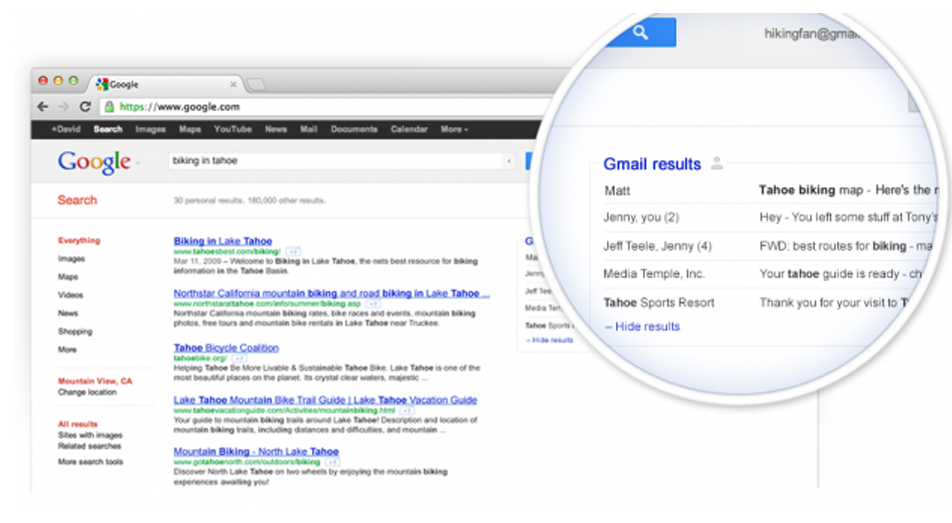Can Google's search stay pure when it needs to make pals?
Trusting Google is getting harder to do

Here's a genuine question. What's search supposed to do? Should it analyse your input, work out what pages are most likely to meet your criteria and present you with a list, or should it be a kind of silicon Santa, checking whether you're being naughty or nice before deciding whether you should get a present?
The reason I'm asking is that Google's going to start filtering alleged copyright infringement: websites that have been subject to lots of takedown requests will appear much lower in the search results.
It's a worrying move for several reasons. The first is that it could affect perfectly reputable sites if some of their users upload copyrighted material.
The second is that it doesn't affect YouTube or Blogspot.com, many of whose users upload copyrighted material. it's based on allegations of illegal activity, not prosecutions. It is, of course, a slippery slope, and the copyright industries have already welcomed the move while making it clear they'd like to see Google do much more.
More than anything, though, it breaks search.
Judge and jury
When people go searching for "Breaking Bad S05E05" hours after broadcast they aren't looking for the DVD, but they aren't actually doing anything illegal either: it isn't Google's job to predict the future and say "aha! You're looking for that because you want to pirate it! No search results for you!" Google's job is to deliver what you search for, not to pass judgement on it.
Unfortunately, Google isn't just a search company. It's also a media company, and when Google tells the entertainment companies that it can't filter out potentially infringing copyright they say "aha! No media deals for you!" That's a bit of a problem when you need content for your tablets and Google TVs and mysterious, ill-conceived Nexus Q boxes.
Get daily insight, inspiration and deals in your inbox
Sign up for breaking news, reviews, opinion, top tech deals, and more.
It's not going to do much to deter piracy, of course - the filtering's hardly going to prevent anybody from visiting a Pirate Bay proxy and entering their search criteria there - but it could have a chilling effect on search: by saying it'll demote websites based on allegations, that sites will be guilty until proven innocent, Google's becoming a censor.
It's one thing to offer censored search results as an option, as Google does with SafeSearch. It's something very different to apply it to everybody all of the time.
Writer, broadcaster, musician and kitchen gadget obsessive Carrie Marshall has been writing about tech since 1998, contributing sage advice and odd opinions to all kinds of magazines and websites as well as writing more than a dozen books. Her memoir, Carrie Kills A Man, is on sale now and her next book, about pop music, is out in 2025. She is the singer in Glaswegian rock band Unquiet Mind.
